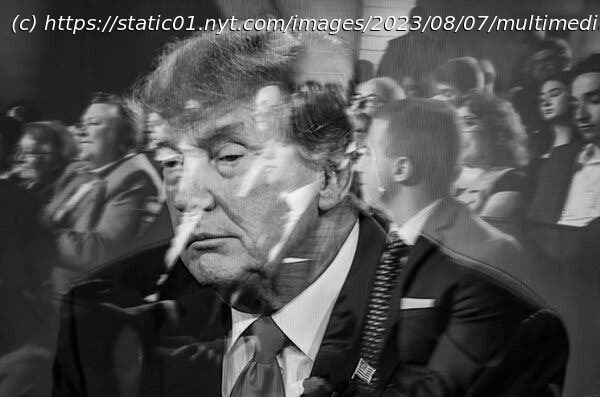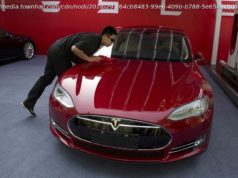Imagine how access to the quiet, methodical presentation of both sides’ arguments might temper the national mood when the verdict is announced.
The only issue that Americans on all sides of our vast political divide seem to agree on is that we cannot agree on anything. Even basic facts have become matters of opinion.
It is a fact, not an opinion, that Bill Gates did not mastermind a plot to embed microchips into Covid vaccines so that Americans could be tracked and their minds controlled. But polls indicate that about one-fifth of all Americans believe the microchip conspiracy theory to be true or are unsure whether it is true.
It is a fact that Hunter Biden’s laptop was real, not part of a Russian disinformation campaign. But a poll taken nearly three months ago, long after The New York Times and others confirmed that the laptop was real, found that 41 percent of Americans, including 59 percent of Democrats, still did not believe it was.
In the work I do looking at the reliability of online news and information, I can see that the erosion of trust in basic facts is largely the result of too many people getting their news from social media platforms. What they see there may be highly opinionated, one-sided, boiled down to a few words or catchy phrases, or taken out of context, come from people with undisclosed credentials or agendas, or be just plain made up. And it’s all sorted out and presented by algorithms designed to engage them to spend more time on the platform by offering up content that will excite rather than inform, and please them rather than challenge them, by reinforcing what they already believe.
What’s presented to jurors in a courtroom has the opposite qualities. Court is a quiet, somber sanctuary, where rules prevent the disorienting chaos we experience online. Jurors are made aware of the credentials and possible biases of witnesses. Documents and other exhibits are painstakingly authenticated. The admissibility of evidence is carefully vetted by a judge, and after a lawyer on one side is allowed to present it, a lawyer on the other side can then challenge it, with both lawyers strictly limited by rules not allowing them to present hearsay or rumors or offer their opinions.
In the 1980s, as a journalist reporting on the law, I interviewed jurors after their trials to find out how they had reached their verdicts. After a while, one thing struck me as unusually consistent: Jurors said that after sitting on juries they were surprised by how much more favorably they thought of our justice system. When they got to see the system up close and at full length — instead of how it was displayed on the 11 o’clock news (this was well before we all went online), with sound-bite spins from lawyers on the courthouse steps or prosecutors at a news conference — they decided that it worked well. That it did a good job sorting out the truth. More than one juror told me that it was something we should all be proud of.






